Black skincare that’s seriously green
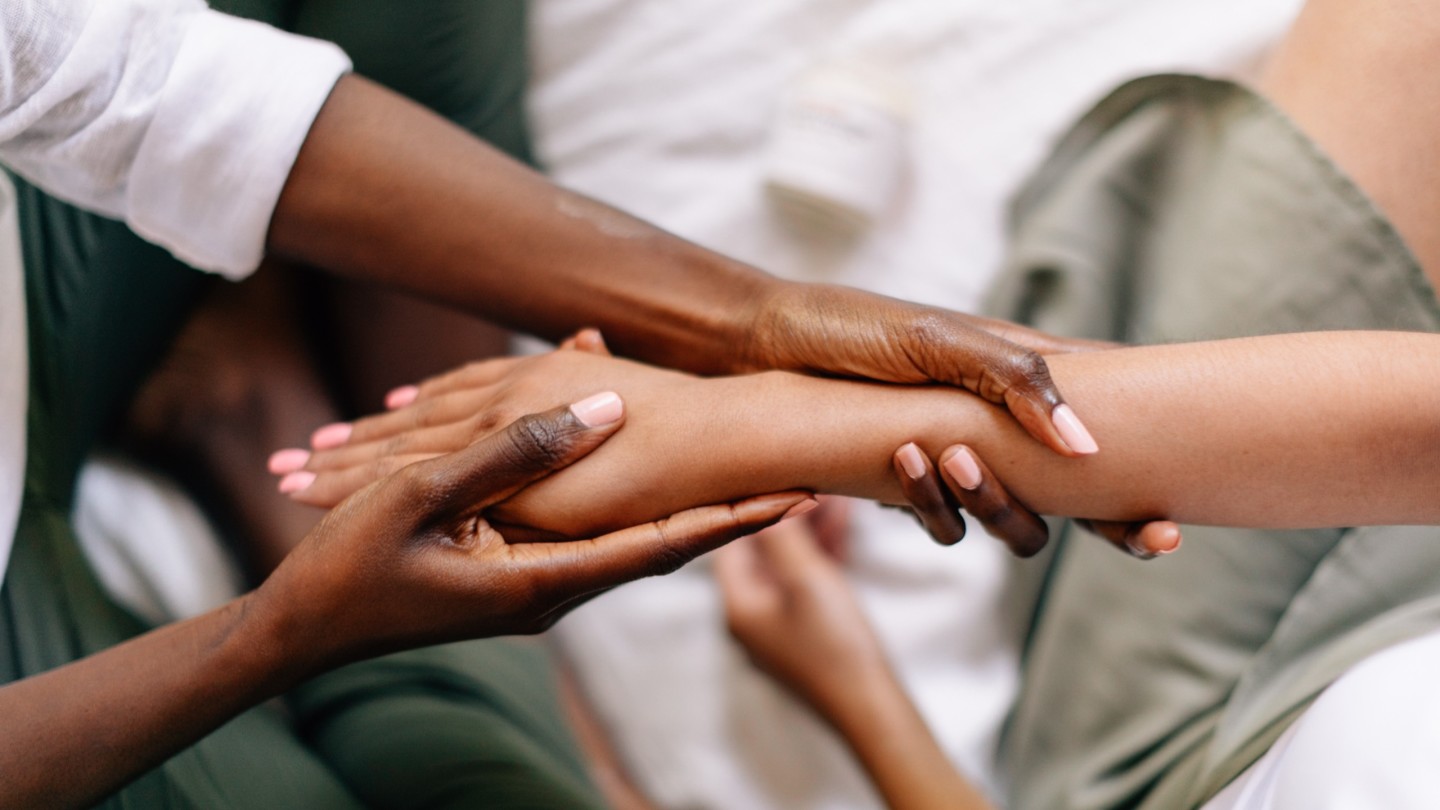
Roula Khalaf, Editor of the FT, selects her favourite stories in this weekly newsletter.
Billed as an “all-natural marketplace by all-Black artisans”, BLK + GRN is the spiritual home of three inescapable modern-day consumer movements: shop clean; shop independent; and shop black. The e-commerce site is abundant with covetable products categorised by bath and body, skincare, beauty, grocery, hair, home, menstrual care, and mom and baby; and aspirational images of blackness adorn each page. Its founder, Dr Kristian Edwards, began thinking about the relationship between natural products and blackness while completing a doctorate at the Johns Hopkins School of Public Health in Baltimore, after she read an article suggesting that products made for black people “are more toxic than those marketed to other demographics,” says Edwards, a public health expert, entrepreneur and passionate activist. Many, for example, contained parabens – hormone-disrupting chemicals – or retinyl palmitate which has been linked to skin cancer.
The article prompted Edwards to seek out as many natural products as possible, while Maggie Anderson’s book Our Black Year, a detailed account of the author’s attempt to buy black, helped to connect the dots. “I wanted my products to be all natural and non-toxic,” Edwards says, calling from her home in Maryland, where she is handling work alongside a two-year-old and a newborn, “but I also wanted them to be from indie, black-owned brands [that] I could support to be successful.”
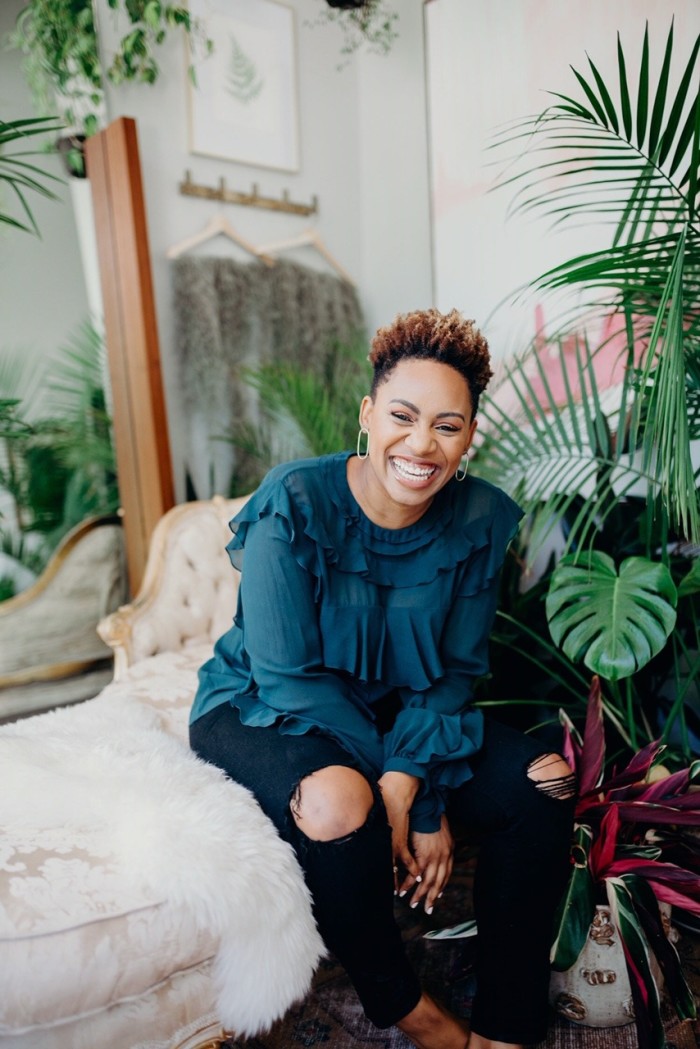
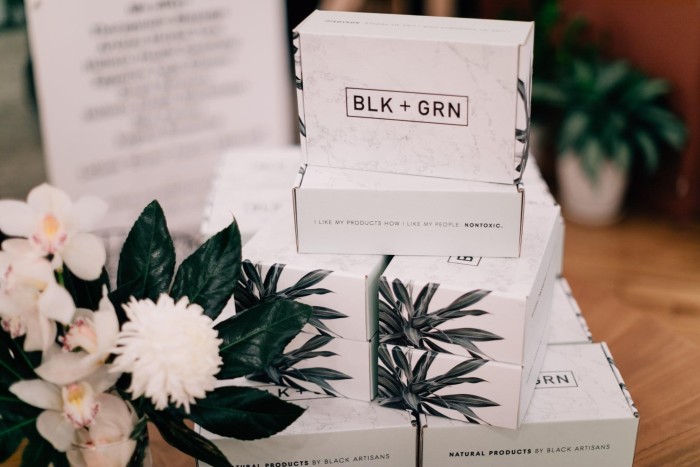
Edwards found her quest to buy within her criteria exasperating. “I was saying to my husband, ‘It would be so much better if there was a marketplace where I could find everything…’ And that’s the way that BLK + GRN was born – me literally trying to solve my own problem.” When the company launched in 2017, early attempts to get brands on board were challenging with her as an unknown entity. “I was constantly trying to sell my idea to new artisans. And then, maybe after a year or so, we started to get some traction.” As her social-media presence and customer base has grown, less coaxing has been required. “We weren’t reaching out to brands and begging them – we started to have brands apply.”
The site now stocks approximately 65 brands, with bestsellers including pampering luxuries such as the Hunnybunny Pink Himalayan Salt Scrub ($25) and Marla Rene Raw Honey Cleanser ($45), as well as sleekly designed vitamins by Movita (from $30) and organic turmeric latte blends from Golde ($29). Black Girl Sunscreen ($19) – a sunblock that doesn’t leave a white cast on brown skin – and effective non-toxic cleaning items have also done well, each time filling a gap in the market.
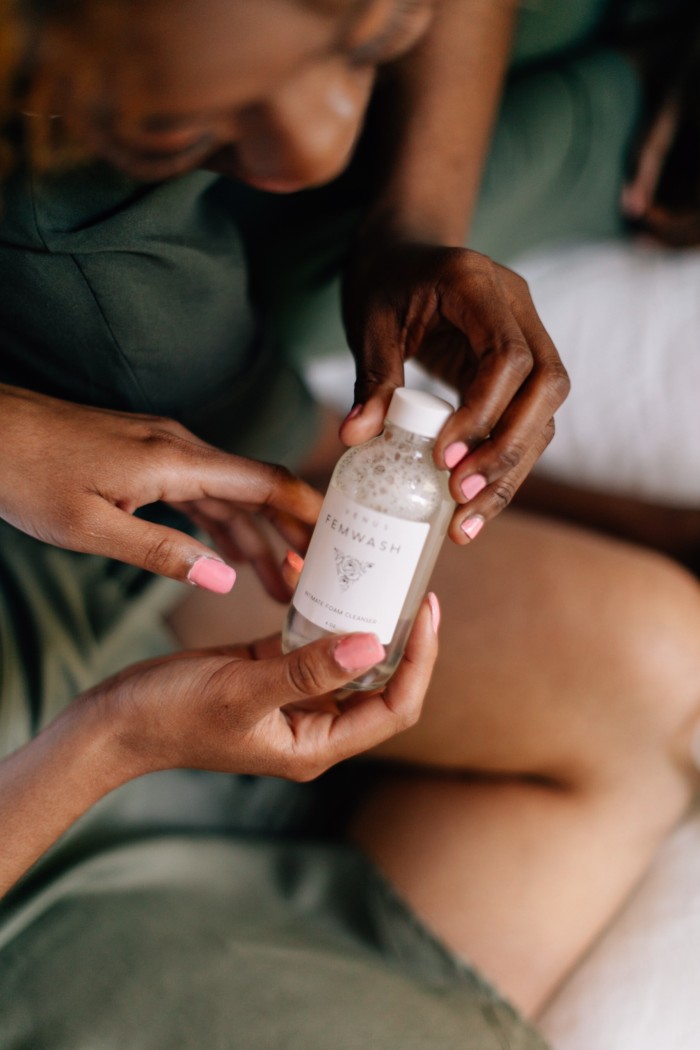
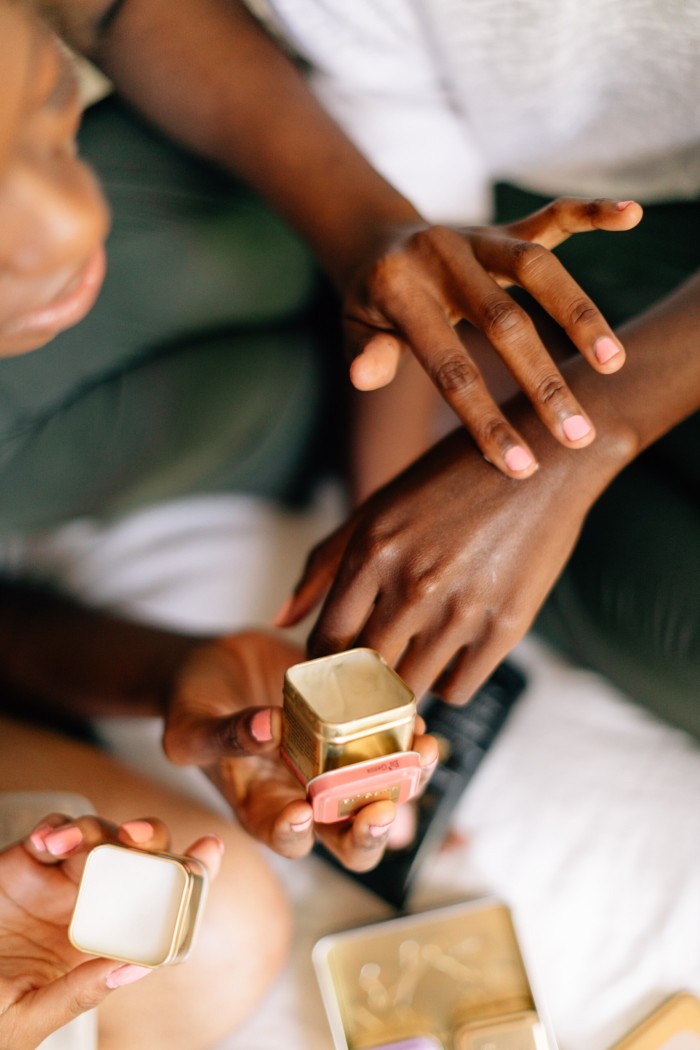
Edwards is quietly evangelical on the importance of championing brands; there is something reassuring, too, about her insistence on building personal relationships with each one. “Before I bring an artisan onto the platform, they meet me,” she explains, and then “we have a private Facebook group so that we can all talk to each other.” She uses podcasts and blogs to better connect customers with the person they are buying from, and readily shares her own contacts if an artisan is looking to expand their own business. “We are able to be an information provider for people who do not have a background in business – or a background in any of this – and just happen to make a good product.”
A few weeks after our discussion, I consider something else that Edwards told me. In the wake of the murder of George Floyd in May 2020, she’d confided, “sales went through the roof with people trying to support black-owned brands… We saw more white customers.” But then, she added, “they haven’t stuck around.”
She said this matter-of-factly. It’s a reminder that it’s one thing to deplore prejudice; quite another to act to make real change. At any rate, it’s pleasing to learn that Edwards’s main customer base, formed in her own image, has continued to grow. She’s currently planning a physical space – “a place where you can get products, a massage, do co-working with friends or get a reiki session or a yoga class,” she says. “Just a wellness place for black women to come to and feel safe and sound.”
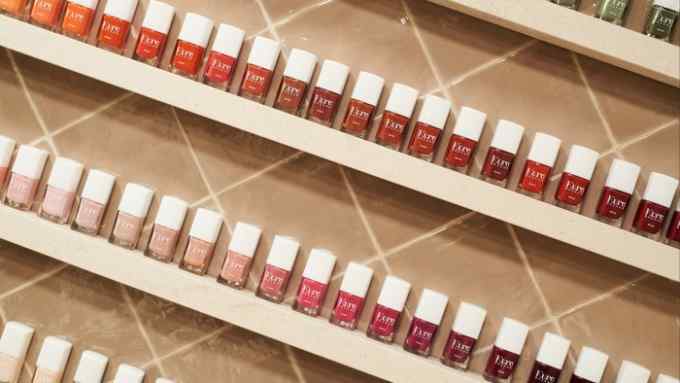
Comments